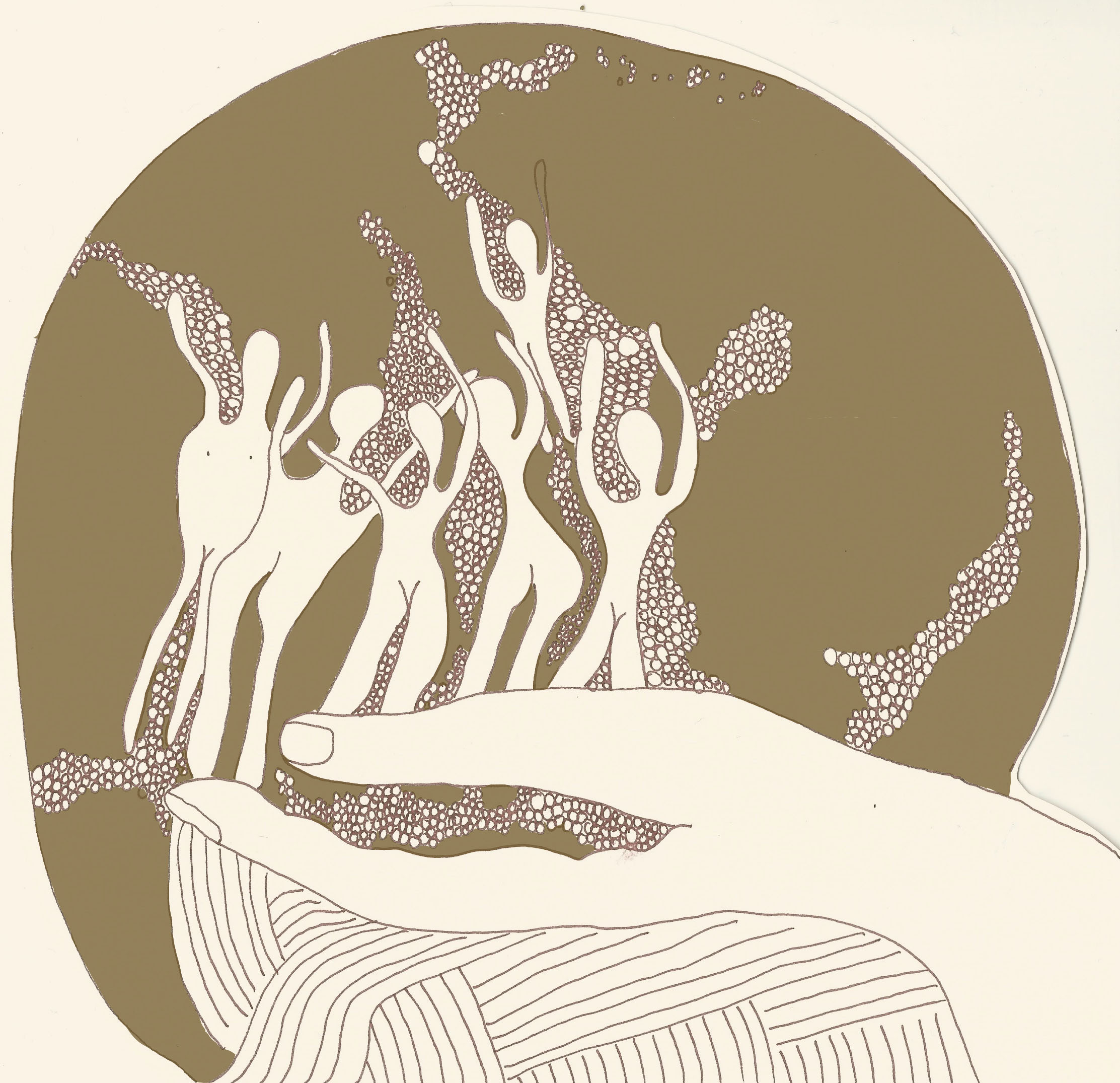
What to do when you have nothing to do
By Adam Tatelman, Arts Editor
People, myself included, often feel trapped in our routines—not just because our working lives can grow monotonous, but also because our leisure activities can do the same.
For most, work is something done out of necessity rather than desire; thus, the choices we make in our recreation time define who we really are. If that sounds strange, consider that many people identify themselves by the hobbies they select—gamer, foodie, stoner, or film buff to name a few—so, the more we do these things, the more attached to them we become. A mere year ago, I probably couldn’t have imagined life without video games, and yet I was aware on some level that I derived little benefit from the hobby.
Being creatures of habit, we often choose comfortable routine over the uncertainty of change, even if the routine has become stifling. If you feel this way, try to adopt something new: join a student club, get a gym membership, or look for new friends outside your circle. If you’re feeling stuck, experiences outside your comfort zone can help you to find a new zest for life. This may lead you to re-evaluate your habits, and decide what’s worth keeping.
Learning to make better use of one’s time is one of the most critical lessons to learn from Monk Mode. In my case, I chose on a whim to sell all of my video games, devoting that time instead to strength training. I gained 18 pounds of muscle in four months as a result—something I wouldn’t have done otherwise. That isn’t to say that videogames are pointless, but it’s important not to let them be a deterrent to productivity. What matters is that you feel accomplished.
Don’t think of this process as giving something up; instead, imagine it as a trade. I still play video games with friends, but it is no longer a priority in my life. In examining the checks and balances of time, I simply found a better way to invest mine.

